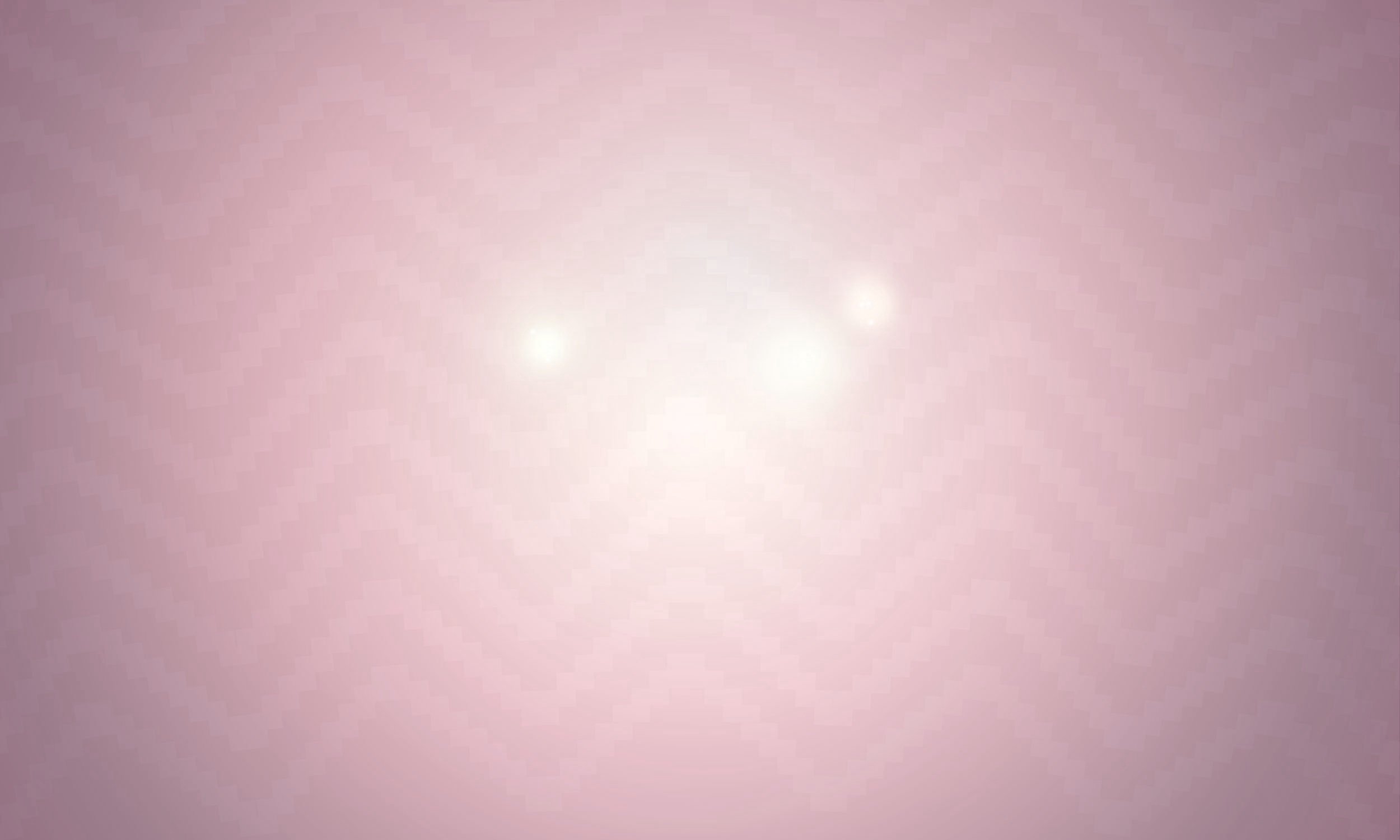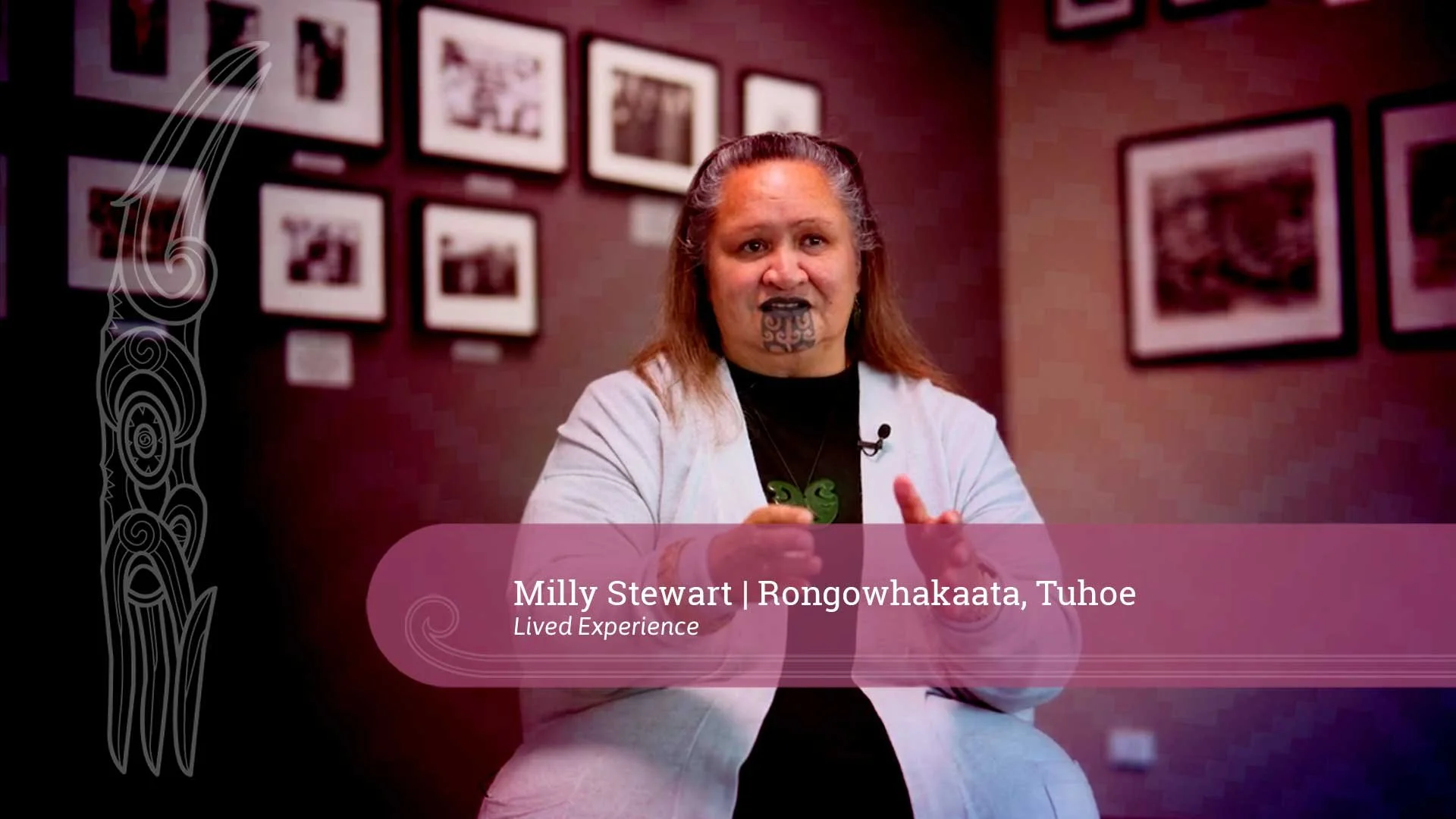
The connection between our hinengaro and our hauora (overall wellbeing), is undeniable. When our hinengaro is off-balance, so is our wellbeing.
Just as our physical wellbeing affects our mental wellbeing, our mental health impacts our physical health – they are interconnected.
Developing an understanding of how we can empower ourselves, the importance of connection to our identity and self, being aware of the impact of stigma and discrimination, and knowing where and how to get help, gives us the tools and knowledge we need to be autonomous over our taha hinengaro.
Topics on this page:
Tino Rangatiratanga
Tino Rangatiratanga is all about stepping into our own power. When we step into our power, we can make choices that reflect our values and what's important to us, and places us in control of our own lives.
Tino Rangatiratanga is self-determination. It is about being empowered to make informed choices that align to our values and standing in our belief that we have everything we need within us to navigate our journey of living and ageing with HIV.
The relationship between our mental and emotional state and our overall health is undeniable; when one is affected, so is the other.
Knowledge is our superpower
Having access to up-to-date and clear information about our physical health, gives us the tools and knowledge we need to be autonomous over our wellbeing. Staying well.Finding strength in our identity and community
We can draw on the collective strength and wisdom of whānau or our communities where we feel safe, to help support and guide us.Know our rights
Knowing our rights, especially around stigma and discrimination and privacy, helps us keep our mana intact, supports fairness, and builds a more inclusive and equitable society. This is an important part of our Tino Rangatiratanga.Believe in ourselves
When we believe in our abilities, our inner-self and wairua it enables us to be more resilient. When we are resilient, we are better equipped to overcome the unknown challenges of ageing with HIV.
Embracing our identity
Our identity gives us a sense of purpose and belonging.
Identity includes our cultural background, age, gender, sexuality, interests and friends. Our identity can also shape how we think, act and interact. It can boost our self-awareness, self-worth, confidence, and ability to cope with challenges.
Connecting with others is important for maintaining our well-being. A great place to start is with HIV peer support organisations.
Being part of a community and having a strong identity helps us heal, grow, and strengthen our hinengaro.
“Connecting is so important because if you live in a bubble, and you don’t let people in, well everything is gonna go down the drain.”
RESEARCH PARTICIPANT, NGĀ TAIPAKEKE O TE URUTĀ HIV REPORT, 2023.
The impact of HIV stigma and discrimination
HIV stigma and discrimination, although less common today, still occurs and can be very harmful. Stigma can be direct or perceived, and it has long-lasting effects, sometimes leading to self-stigma.
Self-stigma happens when negative attitudes about HIV become internalised, changing how we see ourselves and think others see us. This can affect other parts of our well-being, like our connections with others and our sense of self.
The effects of stigma and self-stigma can impact other areas of our hauora like our taha whānau, how we feel connected to others, and how we see ourselves in the world, which in turn affects our hinengaro and our wairua.
It's important for we are confident about our rights regarding stigma and discrimination so we can stand up for ourselves and others.
The emotional and mental health of people living with HIV continues to be negatively affected by stigma.
Support for our hinengaro
If we need more help or support with our hinengaro, we can:
consider talking to someone close,
seek guidance from a registered Māori practitioner,
or get help from a trained therapist.
For more information see Support for People Living with HIV
Seeking support is a sign of strength, and there are people and resources available ready to help us with our hinengaro.

















